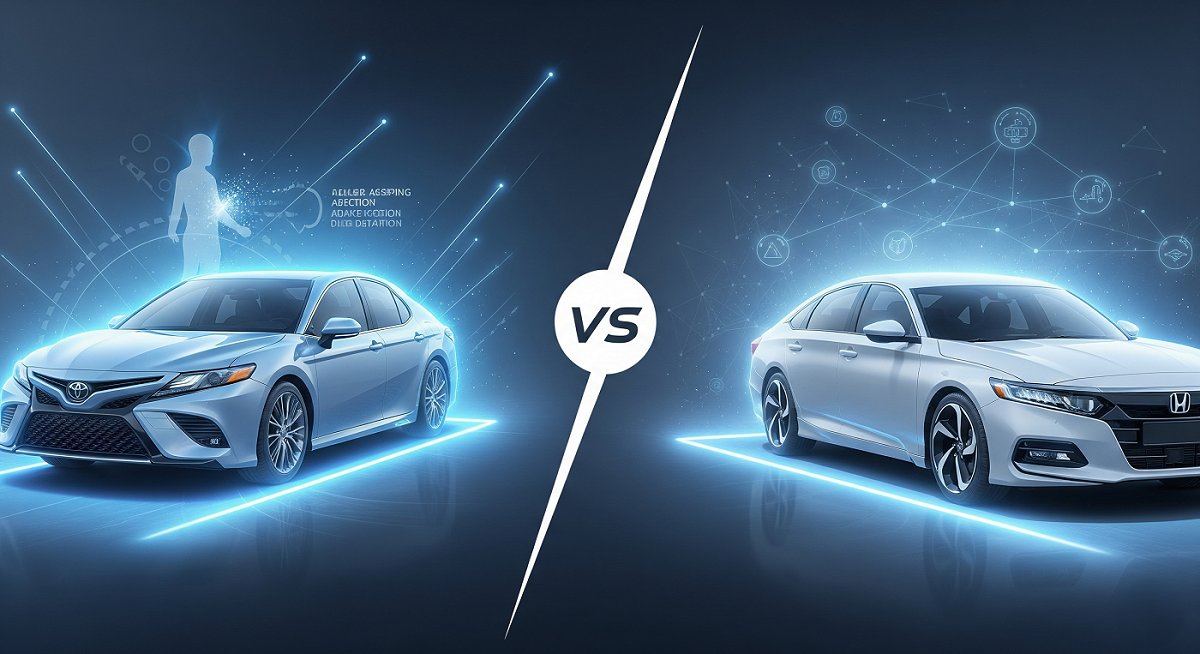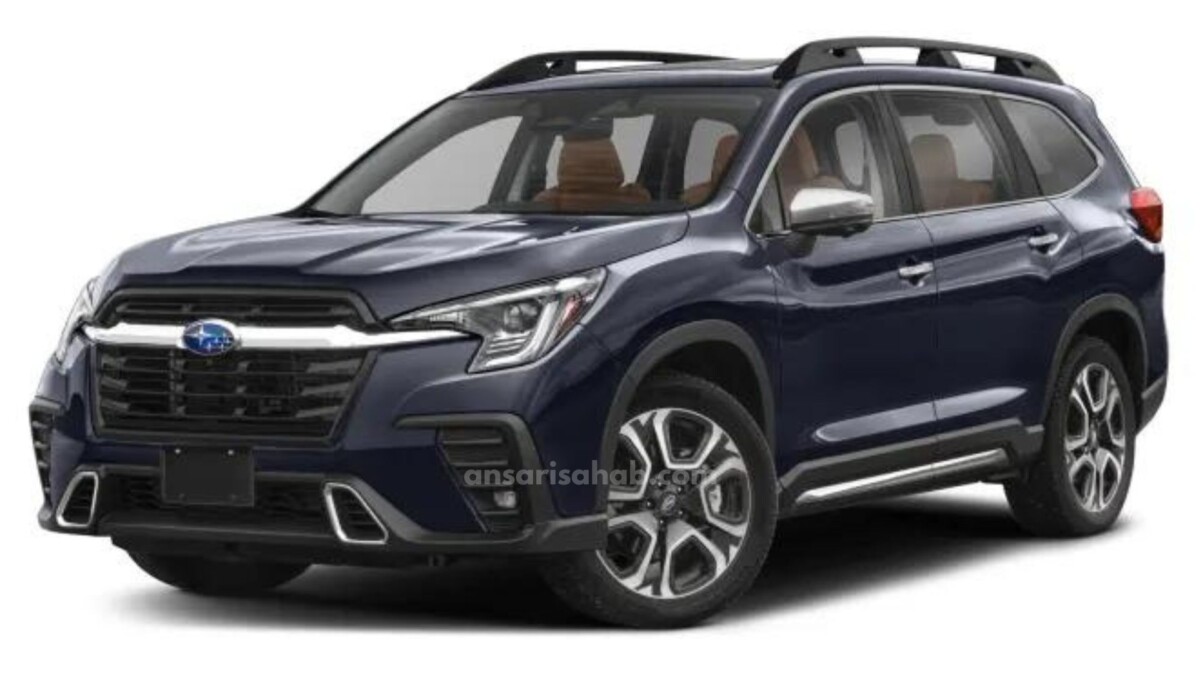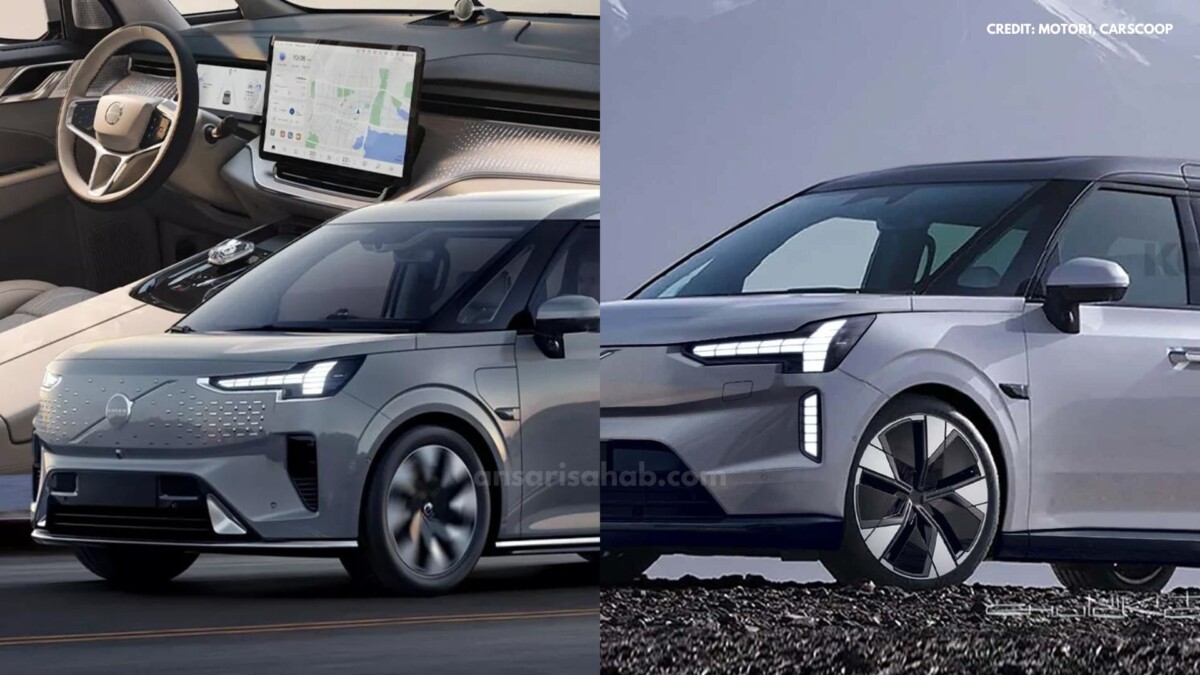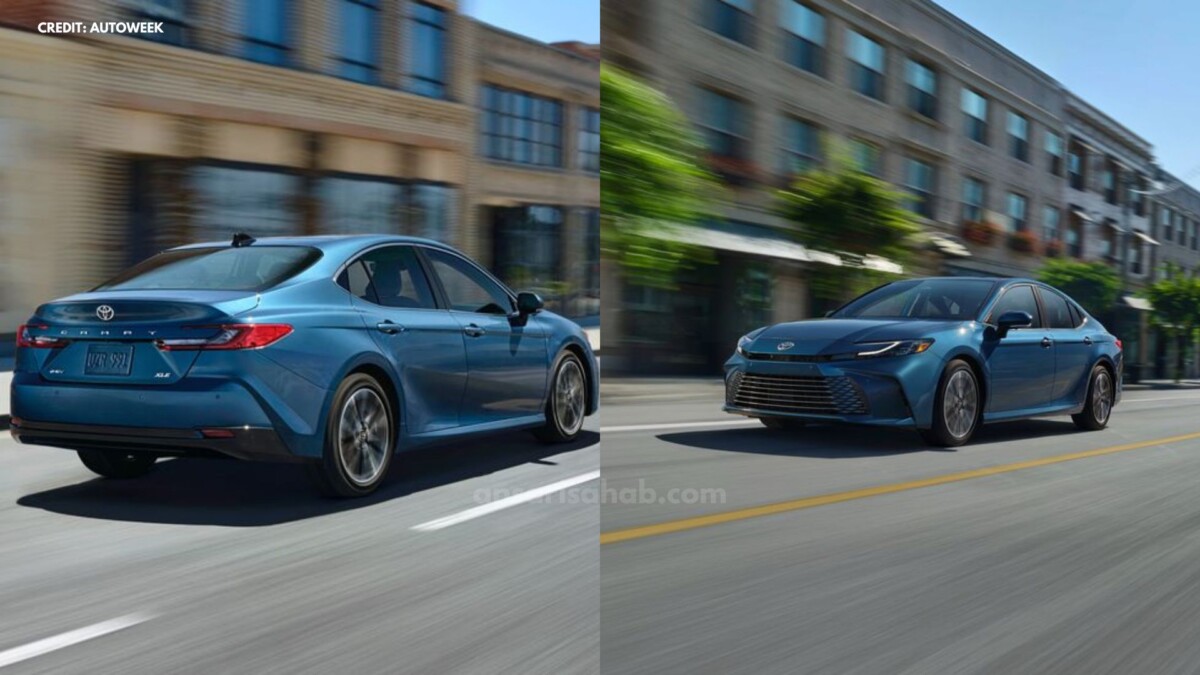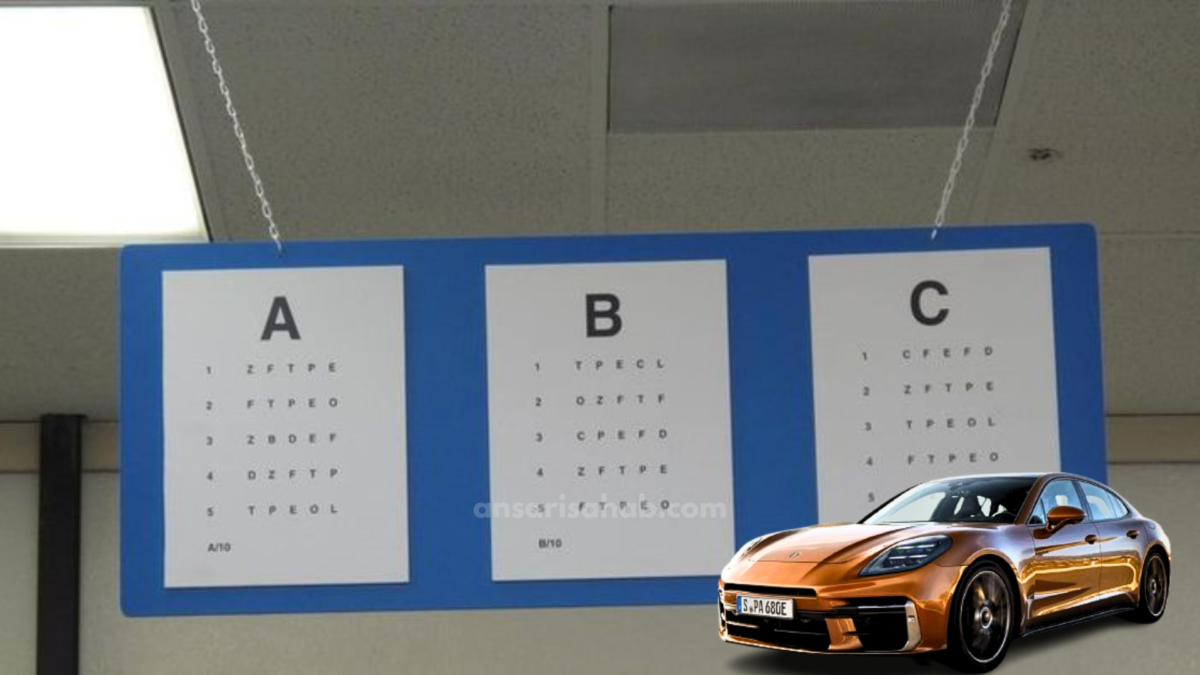When it comes to buying a family sedan, safety is often the number one priority. Among midsize sedans, the Toyota Camry and Honda Accord consistently rank at the top in safety tests and consumer satisfaction. Both vehicles offer advanced safety technologies, solid crash ratings, and features designed to protect drivers, passengers, and even pedestrians. In this guide, we break down family sedan safety features, comparing the Camry and Accord to help you make an informed choice.
Crash Test Ratings and Structural Integrity
Toyota Camry
- NHTSA Rating: 5-star overall safety rating.
- IIHS: Top Safety Pick+ in recent years.
- Structure: The Camry features a high-strength steel body and reinforced front subframe, designed to absorb and dissipate impact energy.
- Crumple Zones: Front and rear crumple zones are engineered to reduce passenger impact in collisions.
Honda Accord
- NHTSA Rating: 5-star overall safety rating.
- IIHS: Top Safety Pick+ for multiple model years.
- Structure: Uses a rigid unibody construction with front and rear crush zones.
- Reinforced Cabin: Passenger compartment designed to remain intact during collisions.
Key Insight: Both sedans perform exceptionally in crash tests, but subtle differences in energy-absorbing design and passenger cabin reinforcement may influence which feels safer to a family-oriented buyer.
Airbags and Passive Safety Features
Toyota Camry
- Airbags: 10 airbags including front, side, curtain, and knee airbags for driver and front passenger.
- Seatbelt Features: Pre-tensioners with load limiters, adjustable seatbelt anchors.
- Child Safety: LATCH anchors for car seats in rear seating positions, rear door child locks.
Honda Accord
- Airbags: 8 airbags including front, side, and side curtain airbags.
- Seatbelt Features: Automatic tensioning and pre-tensioners in front seats.
- Child Safety: LATCH system with dedicated indicators, rear door child safety locks.
Key Insight: The Camry offers slightly more airbag coverage, particularly knee airbags, which may provide added protection in front-end collisions. Both vehicles excel in child safety features.
Active Safety Technologies
Toyota Camry
- Toyota Safety Sense (TSS 2.5+):
- Pre-Collision System with Pedestrian Detection
- Lane Departure Alert with Steering Assist
- Adaptive Cruise Control with Stop & Go
- Road Sign Assist
- Automatic High Beams
- Blind Spot Monitoring: Standard on higher trims
- Rear Cross Traffic Alert: Alerts when backing out of parking spaces
Honda Accord
- Honda Sensing Suite:
- Collision Mitigation Braking System (CMBS)
- Road Departure Mitigation (RDM)
- Adaptive Cruise Control (ACC) with Low-Speed Follow
- Lane Keeping Assist System (LKAS)
- Traffic Sign Recognition
- Blind Spot Information System: Available in upper trims
- Cross Traffic Monitor: Alerts for vehicles approaching from the side when reversing
Key Insight: Both sedans offer a comprehensive suite of driver-assist technologies. The choice may come down to which interface or alert style feels more intuitive to the driver.
Driver Assistance and Convenience Features
Toyota Camry
- Head-Up Display (HUD) on higher trims for critical alerts
- Automatic emergency braking integrated with cruise control
- Parking sensors and 360-degree camera system on premium models
- Driver attention alert system
Honda Accord
- Lane-centering steering assistance
- Traffic Jam Assist for highway driving
- Adaptive headlights for improved night visibility
- Multi-angle rearview camera with dynamic guidelines
Practical Tip: For families who frequently drive in urban settings, features like parking sensors and cross traffic alerts may be particularly useful.
Comparing Safety in Real-World Scenarios
- City Driving: Both sedans handle stop-and-go traffic well. Honda Sensing’s lane-centering may reduce driver fatigue on congested roads.
- Highway Travel: Adaptive cruise control and automatic braking are effective in both models, but Toyota’s road sign recognition can be helpful on unfamiliar routes.
- Child Safety: Both cars have LATCH anchors, but Camry’s additional knee airbags add an extra layer of protection for front passengers.
- Night Driving: Automatic high beams (Camry) vs adaptive headlights (Accord) – a matter of personal preference for illumination and glare reduction.
Conclusion: Which Family Sedan Is Safer?
Both the Toyota Camry and Honda Accord are excellent choices for family safety. Key takeaways include:
- Crash Ratings: Both have 5-star NHTSA ratings and IIHS Top Safety Pick+ status.
- Airbags: Camry offers more comprehensive coverage with 10 airbags.
- Active Safety: Both feature advanced driver-assist suites; choice depends on user preference.
- Family-Focused Features: LATCH anchors, rear seat alerts, and child locks standard on both models.
Call-to-Action: Families seeking a safe, reliable sedan should test-drive both models, paying attention to driver-assist interfaces, visibility, and comfort features. Ensuring all family members feel secure and comfortable is as important as the safety technologies themselves.
FAQs
A1: The Toyota Camry has 10 airbags including driver and passenger knee airbags, while the Honda Accord has 8 airbags.
A2: Yes, both Toyota Camry (TSS 2.5+) and Honda Accord (Honda Sensing) offer adaptive cruise control with stop-and-go functionality.
A3: Yes, both vehicles have LATCH anchors, rear door child locks, and indicators for proper installation of car seats.
A4: Toyota Camry offers automatic high beams, while Honda Accord has adaptive headlights. Both improve visibility; preference depends on driver needs.
A5: Both sedans provide collision mitigation, lane-keeping, and traffic sign recognition. Camry focuses on intuitive alerts, while Accord emphasizes lane-centering and traffic jam assist.

